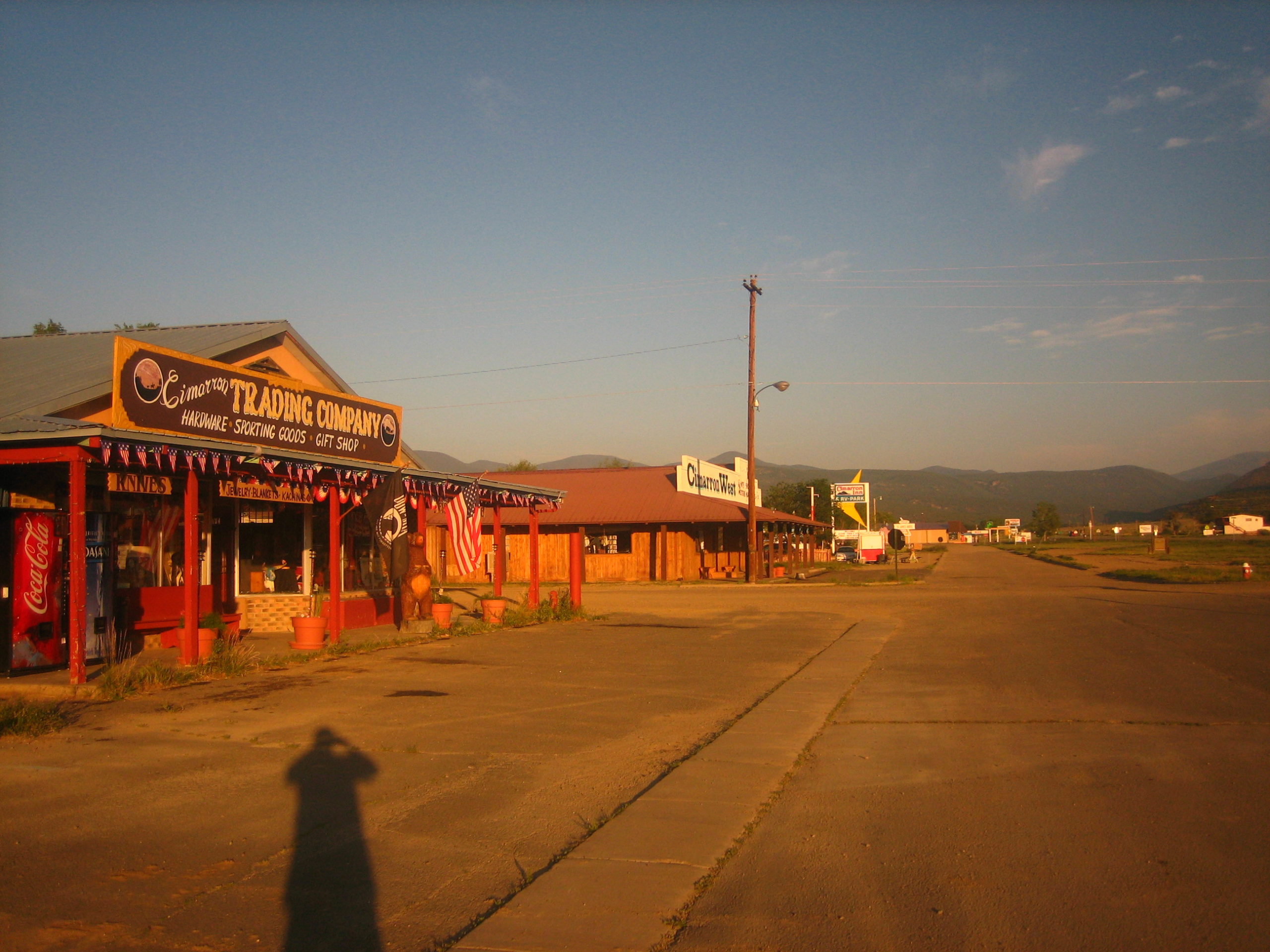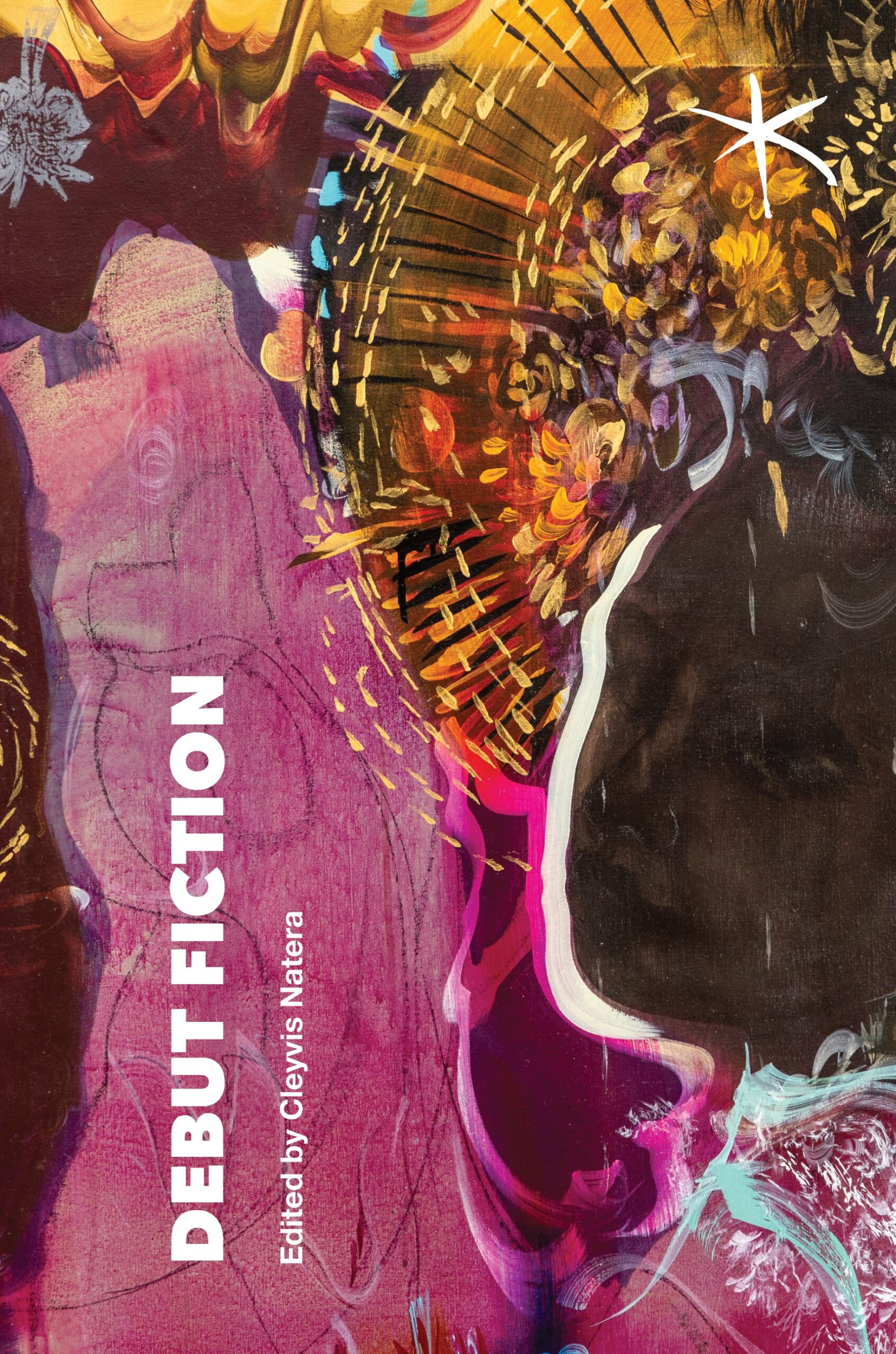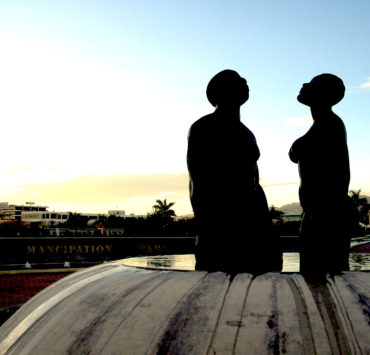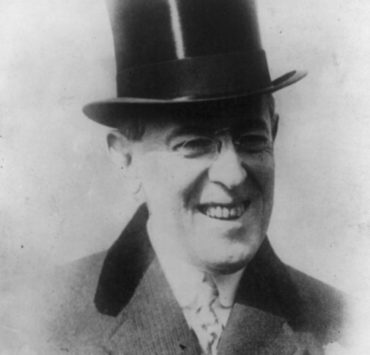
Dad let me stew in the holding cell for eight hours. By then, the vomit had dried on my tee-shirt, and I smelled like the rest of the drunks in the holding tank. I emerged with bloodshot eyes and an unrepentant heart. Nowadays, Twitter and Facebook users would write, “hashtag, sorry/not sorry.” But there was no Internet, only carbon copies, and Dad had to sign a stack of them to get me released. He didn’t hug me, even after I’d changed into the shirt that I’d asked him to bring. But I told my dejected self that he was just trying to preserve his bad-cop image in front of his other bad-cop friends, that he was just an embarrassed father trying to be cool. Maybe he was in shock. He’d expect this kind of stunt from his errant son Julio, not his straight-A daughter Rogelia. “WTF,” they also say nowadays. Back then, Dad didn’t say a thing. And Mom and Julio, thankfully, hadn’t come.
“I just spent your college tuition,” he finally said, once we were out of the police station and piling into the Chevy truck.
“Julio will pitch in,” I countered, throwing out a promise my brother had made long ago, amazing myself at my continued defiance.
Dad was backing up the truck. “I already talked to your brother about that.”
I picked at the lettering on the clean tee-shirt as he made the left onto Boardman and headed to the turquoise house
“Don’t even think about leaving the house either,” he said.
“How would you know if I did?” I said. “You don’t even live there anymore.”
Dad made a quick right turn into the parking lot of the high school. The truck jostled us both until he came to a stop. He kept the truck running while we both stared out the window at the red brick building. Maybe he was regretting what he’d done, who he’d done it with, all the lies, all the money. I regretted nothing and told him so.
“You’re better than that,” he said. “You’re better than all this.”
That’s when the regret flowed from me. I turned toward the window so he couldn’t see those giant, ugly tears but mostly because I couldn’t bear to see the disappointment clouding his eyes.
We lived in a house the color of turquoise in a small valley among many small valleys in a town built on hills. Our neighborhood didn’t have a cool name like Sky City, Viro Circle, Ford Canyon, or Chiwawita. Our neighborhood had no name at all, and so we too came to see ourselves as nameless, spectral people who inhabited the in-between spaces of Gallup. You might find us somewhere between fields of yellow daisies and pawn shops, between rattlers thick as pine branches and BIA boarding schools, between state-line truck stops and McGaffey Lake. This was before the uranium tailings had seeped into the dusty land, the bones of the dead, the air we breathed, the water we drank. This was when my biggest problem was my mother who lived in the turquoise house, who was waiting on the front porch, where another lecture and who knows what other punishments awaited me.
I slid out of the truck, hardening myself against the expected recriminations: weeks of being grounded, loss of freedoms, the inability to see my best and only friends, Byron and Marta, outside school. No abuelita, no true home. Trudging up the sidewalk, I saw my life as one long confinement and thought then that I might as well consign myself to a convent with all the other women with nowhere to go but to God.
Then a miracle happened. Mom took one look at Dad, and I ceased to exist. They hugged, and she gurgled, and he circled her as if she was the sun and he, a lonely minor planet like Pluto. You’d never know that they were having problems, that the infamous family meeting had happened, their heads tipped toward each other as they murmured. And though they were conferring about my punishment, and though I had broken the law and would be punished for it, I felt a jolt of happiness to see them together again, like the old days, which weren’t all that long ago.
As they were huddling and whispering on the front porch, I tiptoed past them faster than you could say Tiny Tim and Miss Vicki, or, nowadays, Selena Gomez and Justin Bieber. I didn’t want to be seen, singled out, the brunt of their anger. I’d had enough of my own back then.
Later, after dinner, with only the barest mention of my escapade, and with Julio on his best behavior, Mom gave no lecture, offered no retorts or what were you thinkings, said nothing. She did not ground me, at least not in the way I thought she would. It was unbearable to have your mother be so nice in the face of your worst criminal offense. Finally, when she spoke of it, her only words were, “You need a job.”
Only a pendeja would’ve disagreed.
from the novel, Beneath the Shadow of the Red Rock

Catalina Bartlett is a Pushcart Prize-nominated writer and an Assistant Professor in the Department of Writing, Rhetoric, and American Cultures at Michigan State University. Her writing has appeared in Aster(ix): A Journal of Art, Criticism, and Literature, and A Walk Along the River: A Literary Anthology from the Upper Rio Grande. She has been awarded an ART OMI Ledig House Fellowship and an artist residency at Prairie Center for the Arts. Currently, she lives in Lansing, Michigan where she is at work on a short story collection that draws on her matrilineal family history and early life along the southern Colorado-northern New Mexico corridor.







